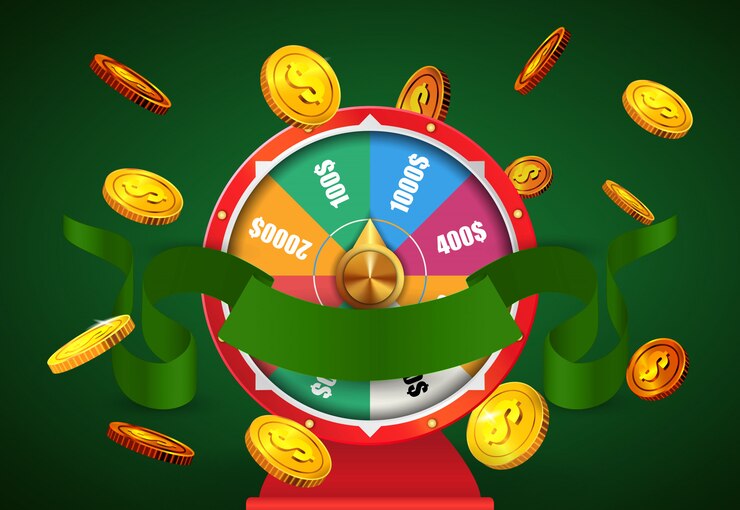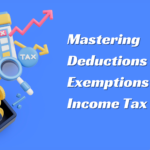Poker beginners: How to approach the first few hands
- 1 Understand the rules fully and review
- 1.1 Play some practice hands
- 1.2 Find the right setting for competitive play
- 1.3 Gradually increase your stakes
- 1.4 Only play the strong hands
- 1.5 Avoid bluffing excessively
- 1.6 Focus on the game
- 1.7 Pay close attention to your opponents
- 1.8 Set time limits for your sessions
- 1.9 Segregate your poker funds
- 1.10 Continue to study poker
You’ve decided to start playing poker! That’s awesome! Welcome to the poker community! Whether you’re playing online or in the casino, let’s review a few tips for beginners to get the most out of this embryonic phase of your poker experience!
Understand the rules fully and review
There’s quite a lot to poker for beginners to comprehend. It’s important to take your time and ensure that you understand all the possible hands, the probabilities of them winning how the other players could react, etc.
Play some practice hands
Whether you’re playing online or in person your first few hands must be relatively consequence free. That means if you’re intending to play online you should use a free poker app or only play at very low-stakes tables. If you’re playing in person, before heading to the casino play casually with friends for fun using loose change or matchsticks. This will allow you to play the game without financial risk, a must for poker newbies. If you want to trial some online poker sites, we suggest you try here first at these reviewed brands to get you started.
Find the right setting for competitive play

When you’re comfortable with the rules and appreciate how the game works and have played multiple practice hands, it’s time to play for real money. Of course, this still should be cherry-picked to maximize your enjoyment. If that’s finding a friendly poker table that’s casually played without too many serious players or finding a user-friendly app that you’re happy to use, be sure that you’re comfortable parting money with this medium before doing so.
Gradually increase your stakes
When you’re playing poker on a set basis at a venue or app that you like, gradually increase the stakes you play. It’s important to not rush in with excessive bets as this will likely lead to upsetting losses. Ensuring that you start with modest wagers will allow you to build up your confidence without losing too much money in the process.
Only play the strong hands

When you’re a newcomer at the table it’s a good idea to be relatively risk-adverse for the first few hands. If you’ve got an exceptionally strong hand play it. If it’s not so good, you shouldn’t feel obligated to play. Folding in the early going will allow you to learn more about the wide world of poker.
Avoid bluffing excessively
Bluffing can be a very useful skill in poker. However, the chances are that as a new poker player, you won’t be that good at it – and your opponents will be able to see right through you. You can still introduce it to your game but just do so sparingly during the infancy of your poker activity. Look at how other poker players at the table bluff and see what works.
Focus on the game
While poker can be a very social exercise it’s important to keep those elements at bay while you’re still grasping the game in a competitive sense. You can still be courteous to your fellow players with limited pleasantries but don’t engage in long-winded conversations that could distract you from the proceedings at the table.
Pay close attention to your opponents

In the early going it’s really important to watch your opponents at the table. This will allow you to observe what a winning strategy looks like and what doesn’t work. Even if you’re folding more hands than playing, just watching the game unfold is a beneficial process. In the early phase of your poker pastime, this will allow you to see how other players play.
Set time limits for your sessions
You might have a lot of zeal and enthusiasm to play poker at the start and have illusions of playing for multiple hours on end. The reality however is that you shouldn’t commit excessive amounts of time to the new pastime. Setting relatively conservative time limits will ensure that you don’t get lost in the game and don’t lose all your money.
Segregate your poker funds
When you get started with poker you’ll probably understand the financial aspects of the game. The allure is that you could win but there are pitfalls in that you could lose money. Even if you’re financially stable and money isn’t an issue, when you’re new to poker it’s a really good idea to segregate your poker-specific funds. Budget an amount to spend on poker games and stick to it.
Continue to study poker
Even after visiting the poker room or logging on a few times, it’s still really important to continue your poker education. Even the best players can consistently learn and better themselves, so it’s worth your time to learn more about poker even if you’re coming off a winning session.

















